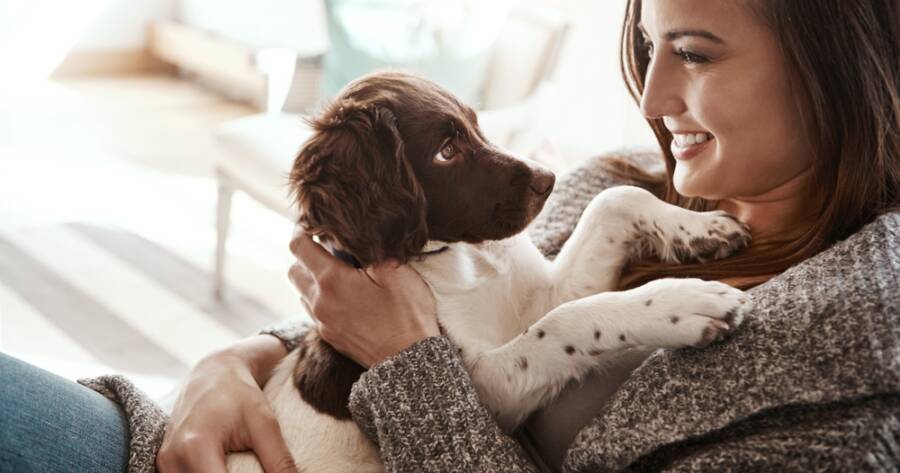The first week with a new puppy is equal parts exciting, exhausting, and unforgettable. Everything is new (for both of you!), and that adjustment period can feel like a whirlwind. From choosing the right supplies to handling the inevitable accidents, setting up your home and routine from day one makes a huge difference. With patience, structure, and lots of love, those first few days lay the groundwork for a happy, confident dog.
Stock Up on the Essentials Before Arrival
Before your puppy walks through the door, having the right supplies ready will save you stress. Must-haves include food and water bowls, high-quality puppy food, a comfortable bed, a crate, training pads, a collar and leash, chew toys, and treats for training. Add cleaning supplies to your list—you’ll need them.
Choose items that are sized appropriately for your puppy’s breed and age. Chew toys should be soft enough for young teeth but durable. Stick with simple, limited-ingredient food for the first week to avoid digestive upset. Having everything prepared helps your puppy settle in and gives you time to focus on bonding instead of last-minute shopping trips.
Puppy-Proof Your Home for Safety and Sanity
Puppies explore the world with their mouths, which means anything on the floor—or within reach—is fair game. Remove shoes, electrical cords, household plants, and anything fragile or toxic from your puppy’s reach. Use baby gates to block off off-limits areas and create a safe, supervised zone for play.
Check your home at puppy level by getting down on your hands and knees and looking for hazards you may not notice from above. Trash cans should be secure, cleaning supplies stored away, and furniture gaps blocked if small paws might get stuck. A well-prepped space keeps your puppy safe and gives you peace of mind.
Start Crate Training Right Away
A crate is more than just a training tool—it’s a safe, cozy den where your puppy can rest, relax, and feel secure. Begin by introducing the crate as a positive space. Place soft bedding inside and toss in a few treats or toys to encourage curiosity. Never use the crate for punishment.
At night or when you can’t supervise directly, the crate helps prevent accidents and teaches independence. Expect some initial whining, but stay consistent and calm. Keep the crate in a quiet space, but close enough so your puppy doesn’t feel isolated. Short, positive sessions early on help create a lifelong comfort with crating.
Establish Routines to Build Confidence
Puppies thrive on structure, and the sooner you start a routine, the easier the transition becomes. Set consistent times for feeding, bathroom breaks, naps, and play. The predictability helps reduce anxiety and speeds up house training. Use positive reinforcement to reward good behavior, and keep expectations age-appropriate.
Morning potty trips, scheduled meals, and frequent breaks (especially after meals, naps, or play) all help establish good habits. Be patient—your puppy is learning how the world works, and repetition is key. Even short routines can build a sense of safety and help your pup grow into a well-adjusted companion.
Prepare for Accidents—and Emotional Highs and Lows
Potty accidents, chewed slippers, and sleepless nights are all part of the first-week reality. Stay calm, clean up without fuss, and use positive reinforcement when your puppy gets it right. Never punish accidents—your puppy is learning and needs your guidance, not fear.
You might also feel overwhelmed, especially if you’re sleep-deprived or second-guessing your decision. That’s completely normal. Puppy blues are real, and it’s okay to ask for help or take breaks. Every day gets a little easier as your puppy starts to settle in. With patience and consistency, the chaos will slowly shift into routine, and the bond you’re building will be worth every mess.
The Beginning of Something Beautiful
That first week with a puppy may test your patience, but it also sets the stage for a relationship built on trust, love, and shared experiences. With the right supplies, a safe environment, and a steady routine, your home becomes a space where your puppy can grow and thrive. Each small win—every sit, successful potty break, or tail wag—brings you closer to the lifelong friend you’re raising. Embrace the journey—it’s only just beginning.

